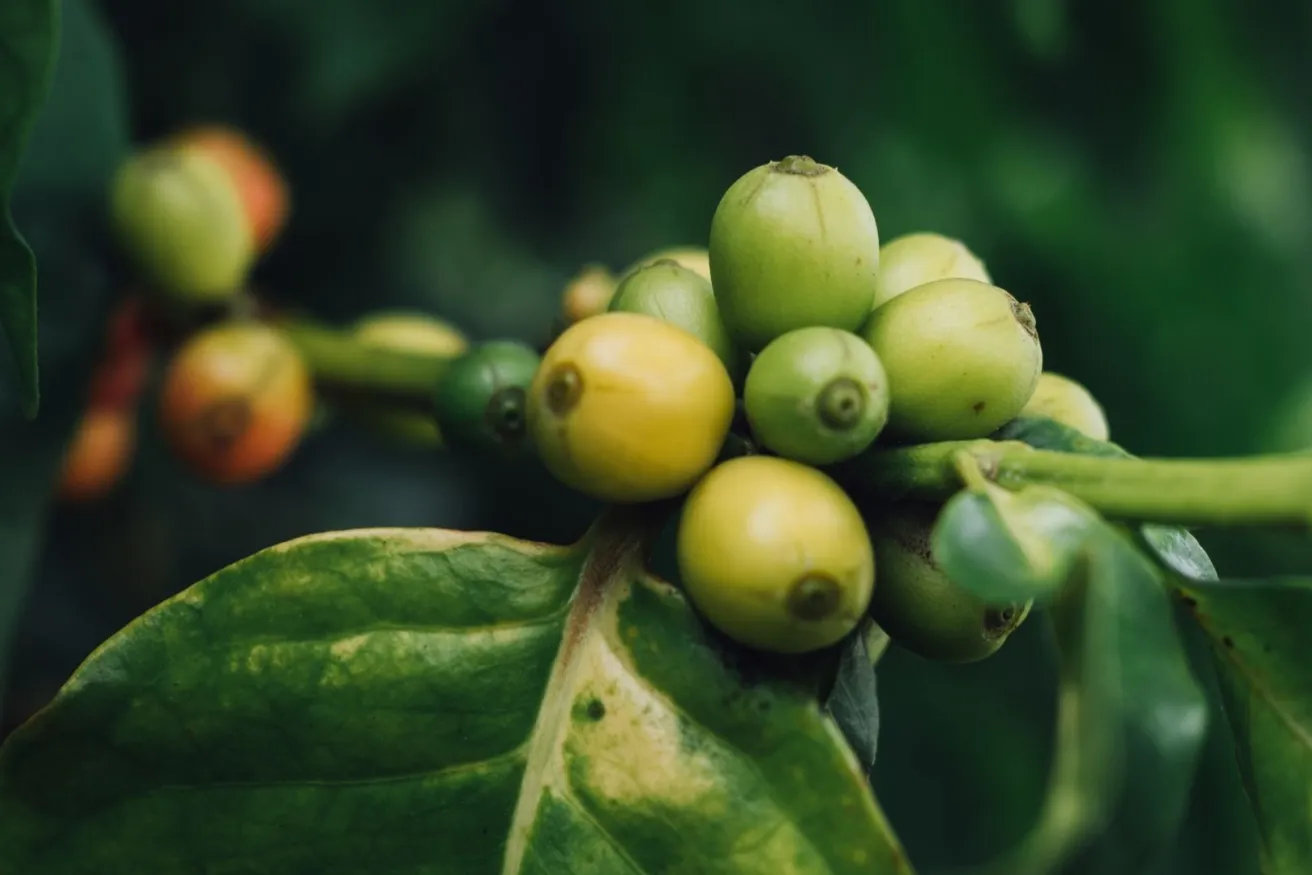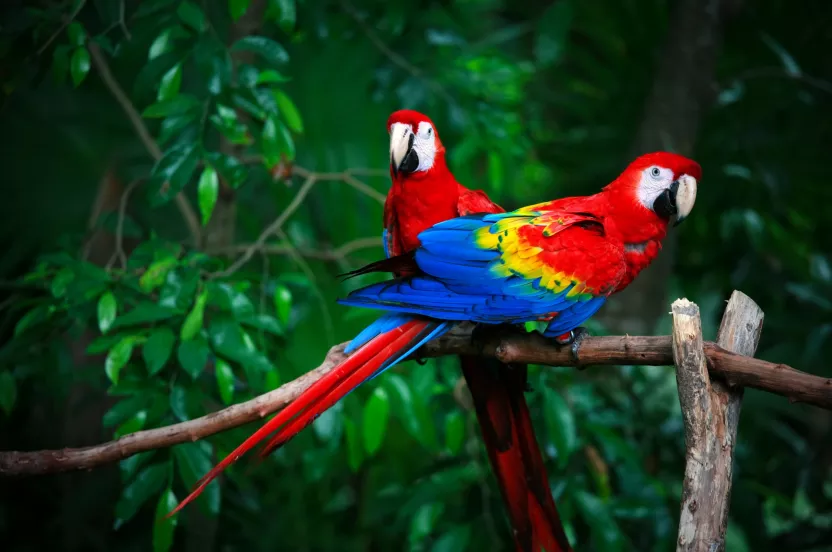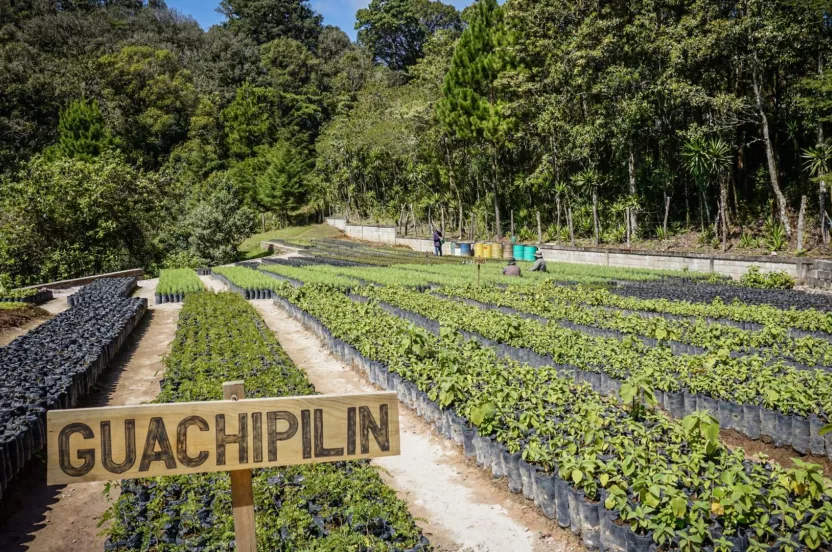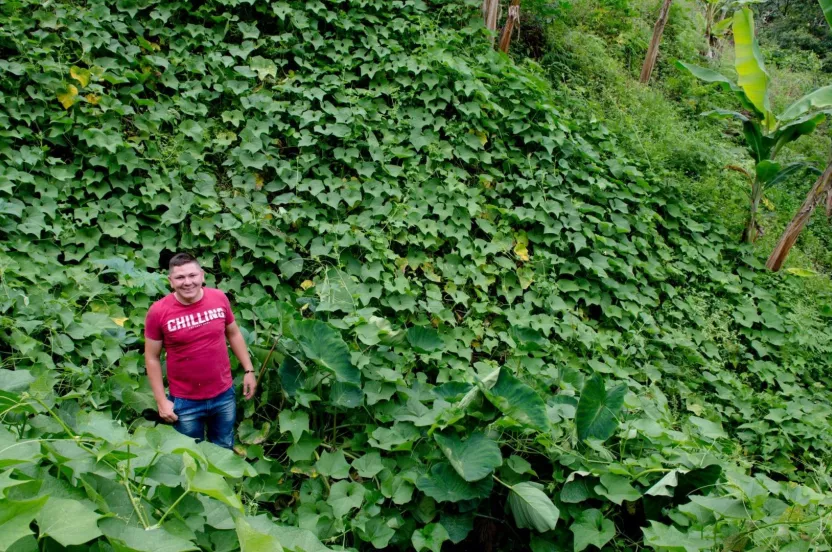Celebrate Arbor Day with 15% off our shop and nursery. Use code LETSGROW. SHOP NOW
Guest post by The Coffee Chronicler.
Most people never really think about it when they are gulping down their morning cup of Joe or takeaway latte, but coffee is a fruit.
Today coffee usually comes in the form of freeze-dried powder, capsules, or premade drinks.
As Western consumers, we rarely get a glimpse to all the steps that go into growing, picking and processing the cherry. For that reason, it’s easy to forget that coffee is a fruit that grows on a tree, and that the bean you choose for your morning brew has a direct impact on the ecosystem in another part of the world.
Agriculture is a significant threat to biodiversity, and since coffee is one of the most valuable and ubiquitous crops in the developing world, seemingly small decisions about your morning cup matter when it comes to maintaining sustainable ecosystems in countries in Latin America, Africa, and Asia.
Why is sustainable coffee better?
Essentially, a coffee farmer is a fruit farmer. To create the best-tasting coffee for us, the farmer has to make sure that the cherries ripen slowly and that each one gets picked at precisely the right time when it has gone from green to a ruby red color. This ensures that the sugar content of the cherry is at its peak.
The coffee plant evolved in Ethiopia’s highland forests, and in order to produce the best fruits and beans, which are actually seeds, the plant has to be grown under similar conditions. This means high altitude and plenty of shade.
Shade trees are essential because they shelter the coffee plant from direct sunlight. At the same time, they also help to attract a variety of insects and animals to the coffee farm. This creates a healthy ecosystem.
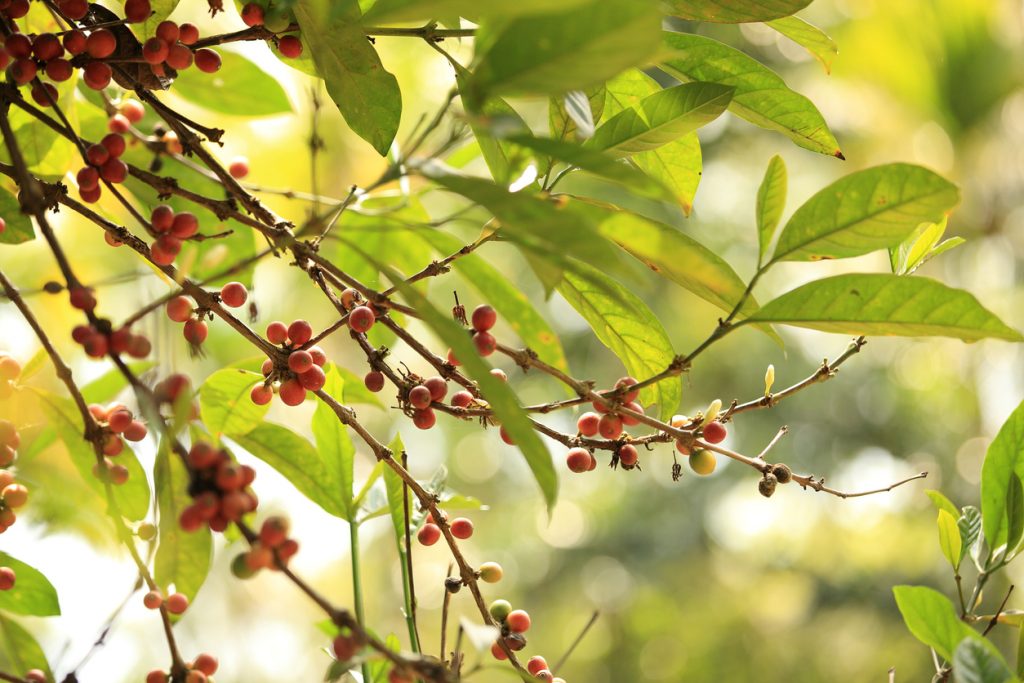
Birds, mammals, and reptiles will act as pest control by eating insects such as coffee berry borers, so the farmers don’t have to rely on insecticide.
Coffee grown in this way is perhaps the most sustainable form of agriculture there is.
Read Arbor Day Coffee: The Shade-grown Approach to more Sustainable Coffee Production
At the same time, it will most likely also be very tasty and end up being sold as ‘specialty’ grade coffee in the Western world.
The reason why commercial coffee doesn’t taste good
Unfortunately, most coffee available in the supermarket isn’t grown with taste or nature in mind. Instead, it’s meant to create profit for large multinational companies.
For that reason, there are no shade trees planted in commercial coffee farms. The lack of shade speeds up the maturation and makes picking a lot easier. Unfortunately, a quickly developed cherry will have a bland taste.
The opposite dynamic is at play when coffee is grown at high altitude as it should be; it slows down the maturation, making the seed denser, which directly correlates with more flavor in your coffee cup.
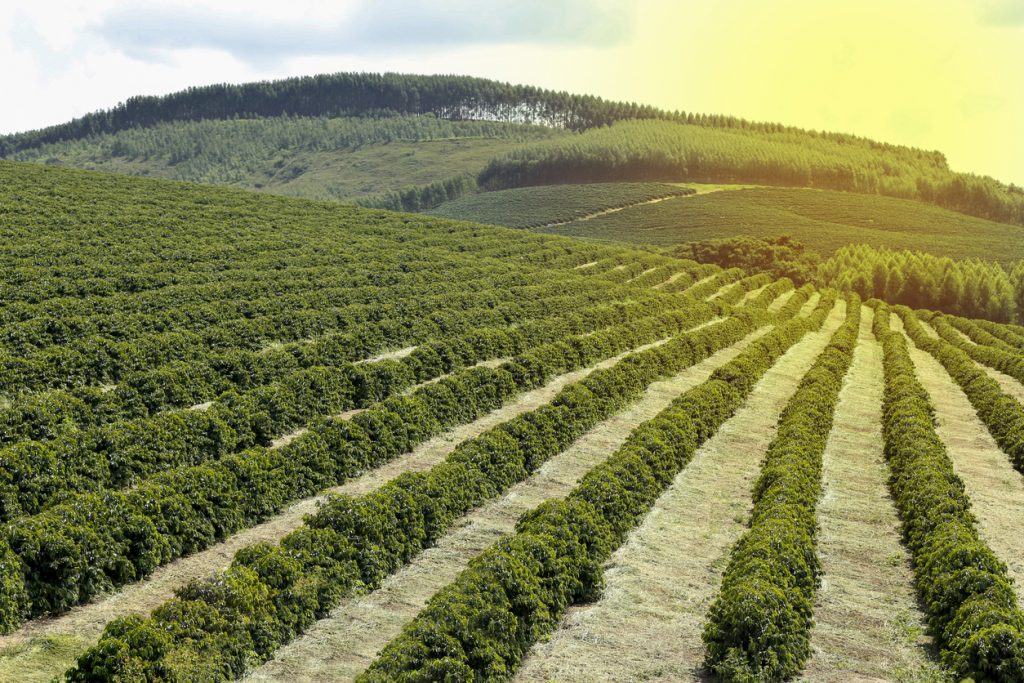
The lack of shade trees on commercial farms also creates other sustainability issues. Because most coffee grown worldwide is very similar, it’s very susceptible to disease. Leaf rust has ruined the livelihood of many coffee farmers. In large monoculture coffee farms, there is no natural resistance towards leaf rust, insects, and fungus.
Since commercial coffee farmers can’t afford to take any risks with their harvest, they use ample amounts of chemical fertilizer, pesticide, and fungicide.
The lack of undergrowth and healthy soil allows the chemicals to seep into the underground, and eventually, end up in the water supply.
The result of this farming is a coffee that is dirt cheap, and an ecosystem that is unhealthy.
What’s the solution?
As consumers we have gotten used to seeing coffee as a commodity; as something in a vacuum-packed box available in any supermarket for a few dollars. This kind of coffee isn’t sustainable, however, and never will be.
Instead, let us embrace the fact that sustainable coffee is delicious and vice versa.
Sure, it might mean that your coffee habit will become more expensive, but you will also get quality for that increased cost. In my opinion, that’s a great trade-off.
While certifications such as Fair Trade, Rainforest Alliance, Bird Friendly, and Organic are worth looking for, the reality is that many coffee farmers are not able to face the bureaucracy required to obtaining a license.
But you can feel pretty confident that a single origin coffee with a clean and sweet flavor profile will be grown in harmony with nature.
Asser Christensen is a Danish journalist who covers the specialty coffee movement. He is a certified Q Grader with the Coffee Quality Institute. You can follow his coffee journey on his personal blog.
Sources:
